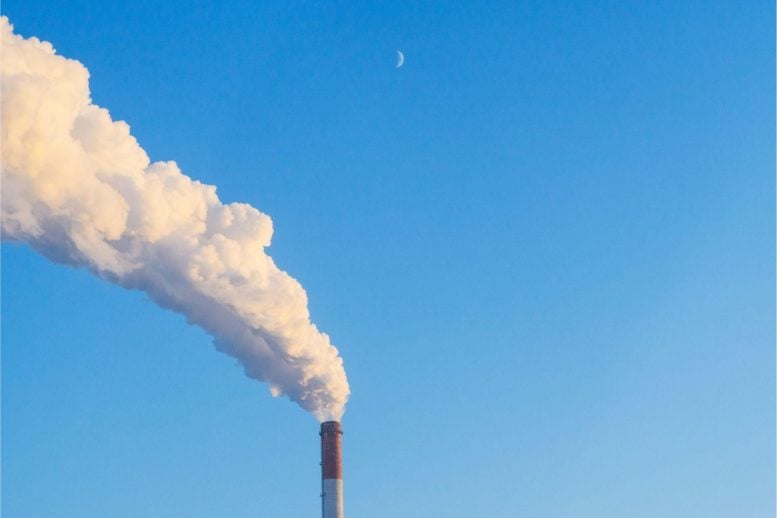
The Utilization of Multiple Mitigation Strategies for Natural Gas-Generated Electricity May Be Crucial
Approximately 25% of the global electricity supply is generated by natural gas-fired power plants, which contribute significantly to the emission of greenhouse gases, accounting for 10% of energy-related emissions according to 2017 data. These emissions are a major factor in the ongoing issue of climate change.
A team of researchers from McGill University, along with colleagues from Carnegie Mellon, Johns Hopkins, the University of Texas (Austin), and the University of Maryland, has estimated the total global carbon dioxide (CO2) emissions from natural gas-fired power plants to be 3.6 billion tonnes annually. This estimation was arrived at by gathering data from 108 countries across the world and quantifying emissions by country. The team found that this amount could be reduced by as much as 71% if various mitigation techniques were adopted globally.
More Efficient Plants Could Reduce Greenhouse Gases Significantly
“We were astonished by how large the potential reduction in greenhouse gases could be by 2050, and even by 2030,” says Sarah Jordaan, an associate professor in the Department of Civil Engineering and the Trottier Institute in Sustainability in Engineering and Design at McGill University and the first author on the paper which was recently published in Nature Climate Change. “If natural gas is going to play a role in a low carbon future, even for a transitional period, there will be a need to improve efficiency in power plants and to cut methane emissions from natural gas production as well as to capture and store CO2.”
“We found that the most effective way to reduce greenhouse gas emissions was with carbon capture and storage, followed by making power plants more efficient,” added Andrew Ruttinger, a Ph.D. student at Cornell University in Chemical and Biomolecular Engineering who participated in the research. “But the mitigation options that will be most successful in any given country will vary depending on the regional context and the existing infrastructure.”
Identifying Drivers of Emissions Gives the Government Tools To Take Action
The team calculated that the largest mitigation potential (39%) lies with the five biggest emitters, the United States, Russia, Iran, Saudi Arabia, and Japan, all of whom, apart from Japan, are among the largest gas producers and consumers around the world.
“Climate change is a global challenge and achieving a low-carbon energy system points to the need for reducing emissions across the supply chain from gas extraction through end use,” said Arvind Ravikumar, a research associate professor in the Department of Petroleum and Geosystems Engineering at the University of Texas at Austin. “Our analysis demonstrates that significant efforts are needed to transition from current emissions levels, but also that by identifying the drivers of emissions in the gas supply chain, governments can take strategic, nationally-determined action to reduce their emissions.”
Reference: “Global mitigation opportunities for the life cycle of natural gas-fired power” by Sarah M. Jordaan, Andrew W. Ruttinger, Kavita Surana, Destenie Nock, Scot M. Miller and Arvind P. Ravikumar, 24 October 2022, Nature Climate Change.
DOI: 10.1038/s41558-022-01503-5
Never miss a breakthrough: Join the SciTechDaily newsletter.